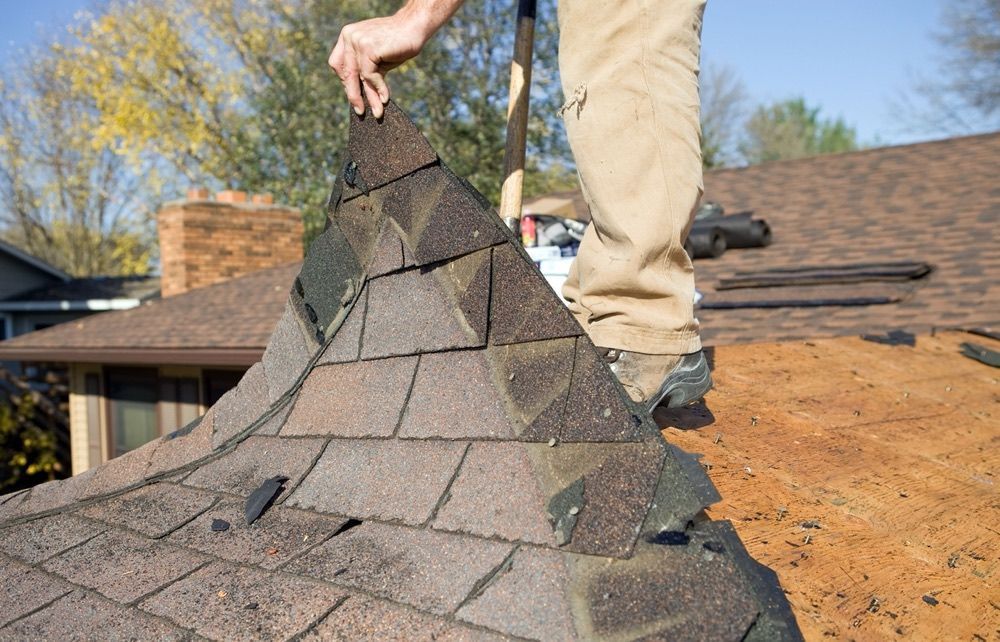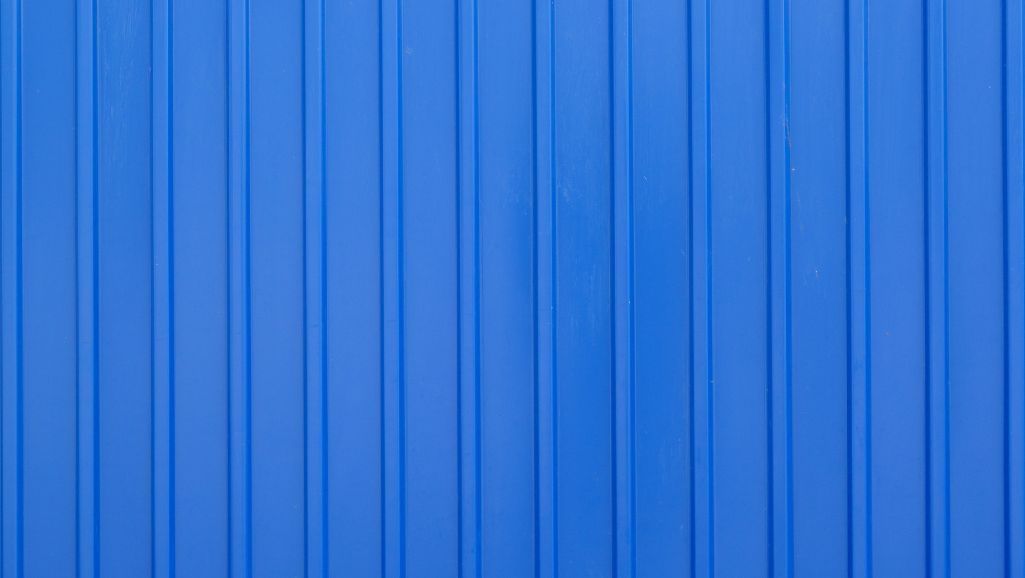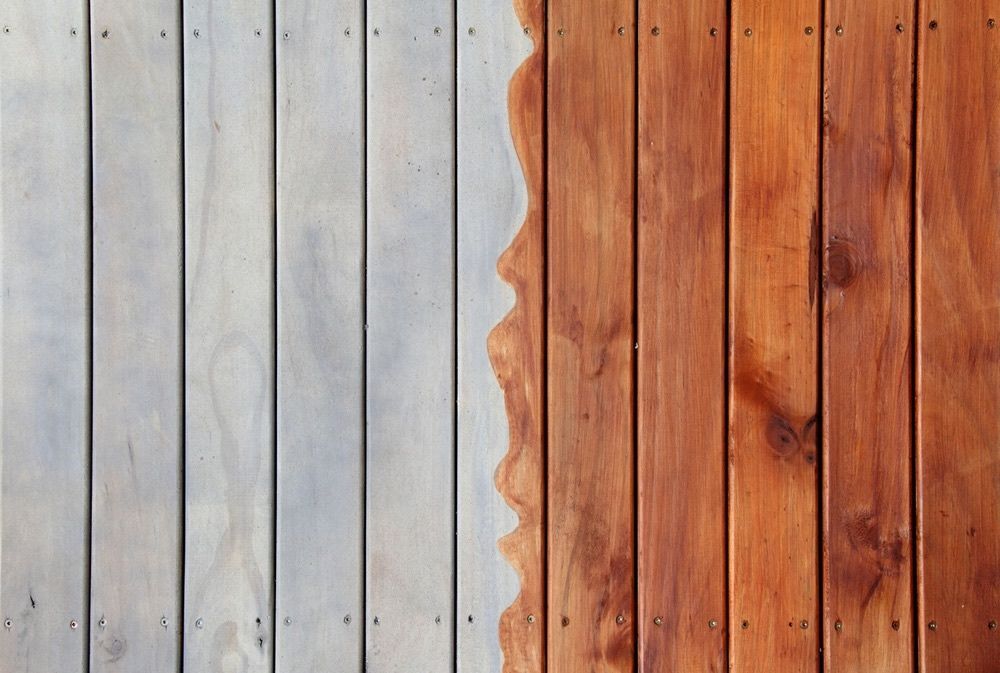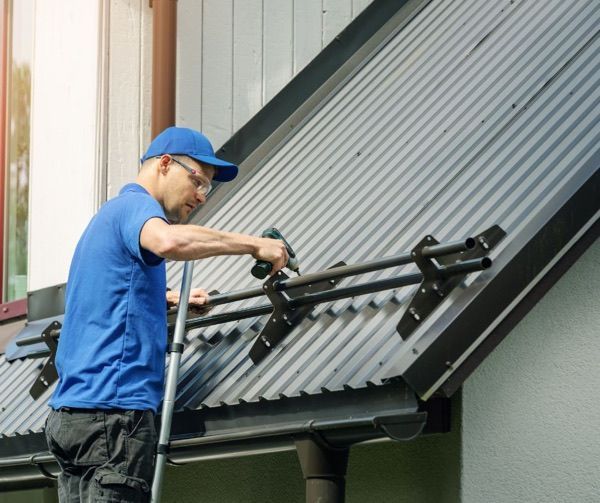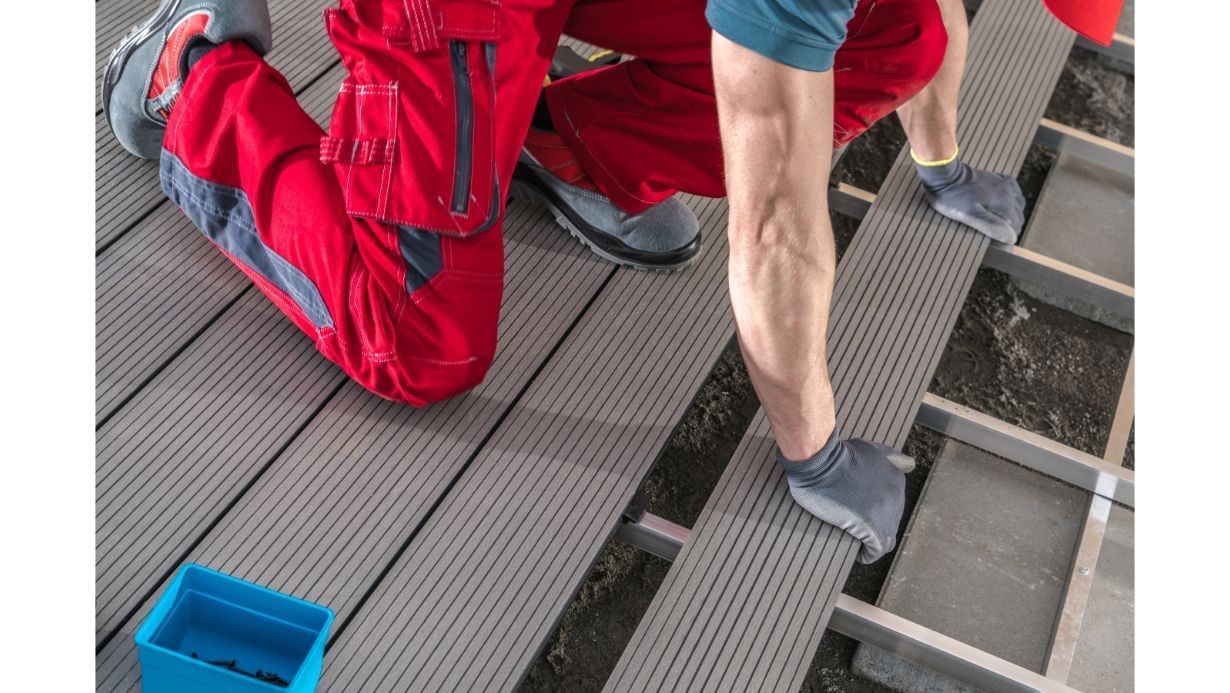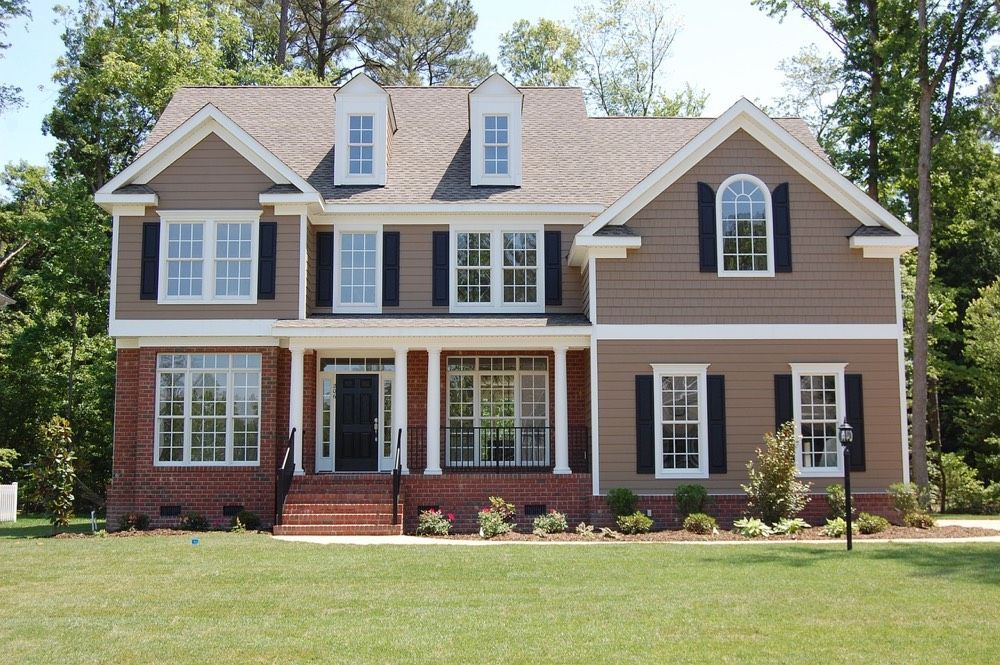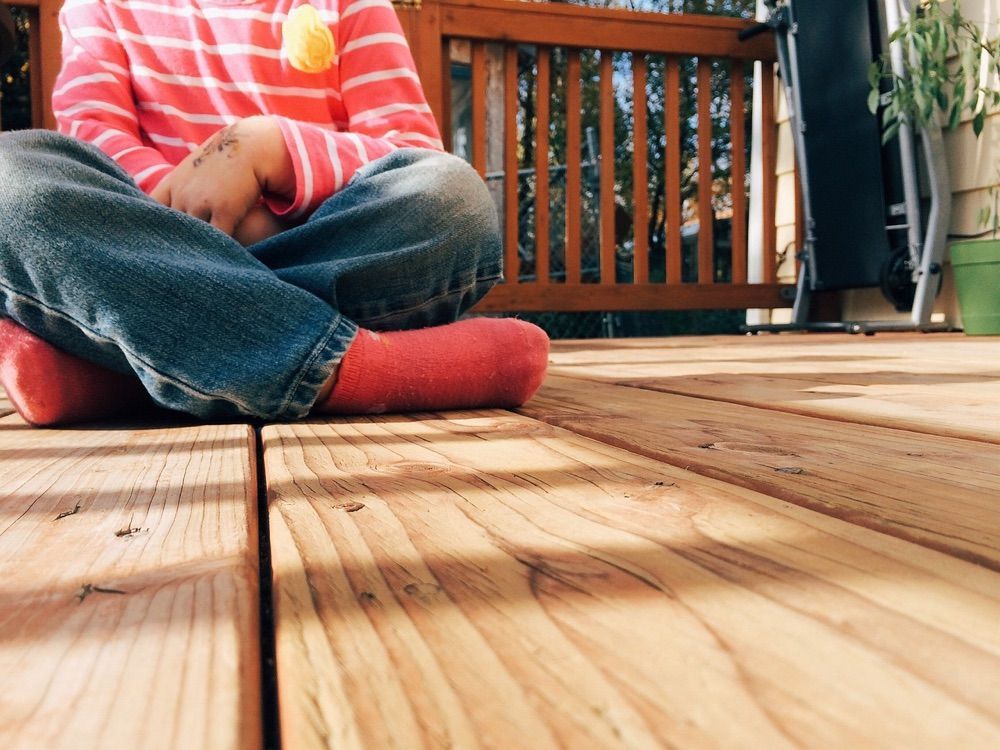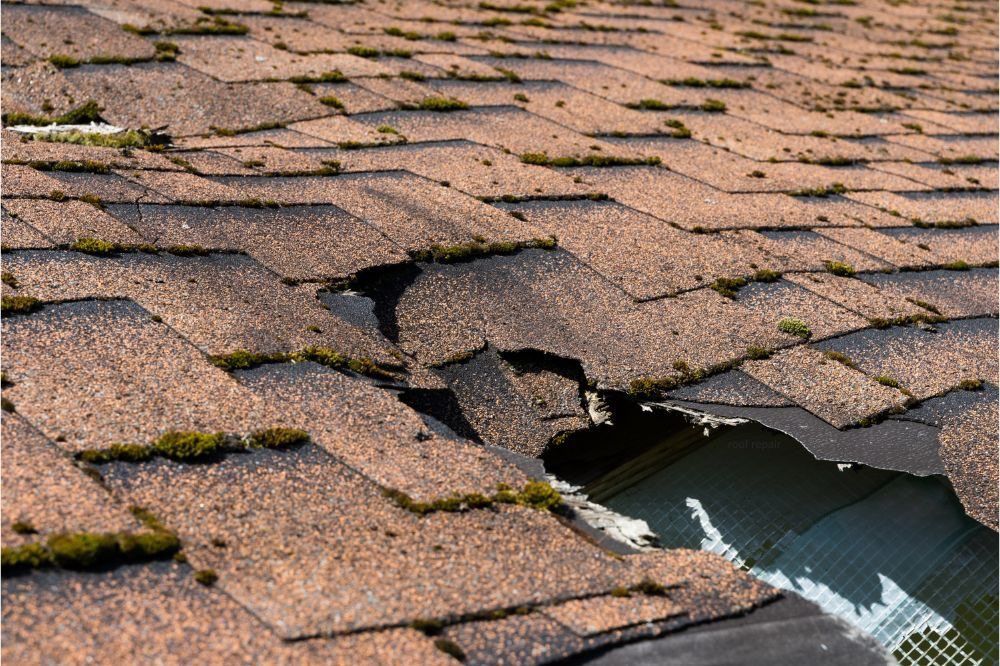Types of Siding Materials
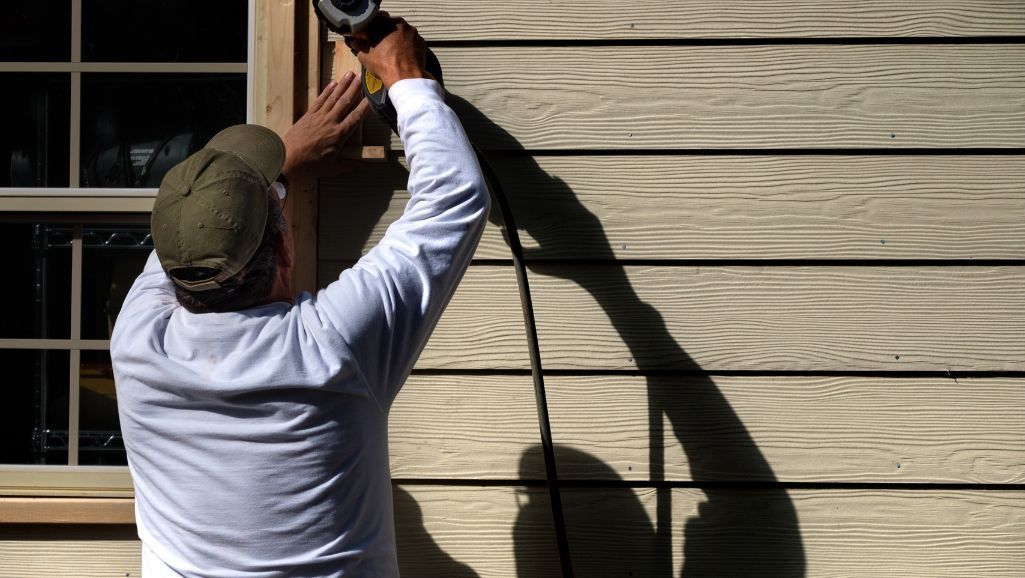
Picking siding material for your home is crucial for its aesthetic and functional needs. This article explores four popular options—vinyl, fiber cement, wood, and metal—detailing their advantages, disadvantages, and key features to help you make an informed decision tailored to your preferences and requirements.
Vinyl Siding: Affordable and Versatile
Made from polyvinyl chloride (PVC) resin, vinyl siding is a low-maintenance, durable option that is relatively easy to install.
Advantages of Vinyl Siding
- Affordability: Generally less expensive than other siding materials.
- Low Maintenance: Requires minimal upkeep compared to wood siding.
- Versatility: Wide range of colors and styles to suit different home designs.
- Moisture and Insect Resistance: Does not absorb water and is not susceptible to termite damage.
- Ease of Installation: Can be installed quickly, reducing labor costs.
Disadvantages of Vinyl Siding
- Temperature Sensitivity: Can become brittle and crack in extreme cold and may warp in high heat.
- Environmental Concerns: PVC harms the environment, and vinyl is not easily recyclable.
- Potential for Fading: Colors may fade over time from prolonged exposure to sunlight.
- Susceptibility to Damage: Can be prone to dents and impacts from hail or debris.
Fiber Cement Siding: Durable and Fire-Resistant
Fiber cement siding is a durable exterior material of cement, sand, and cellulose fibers mixed to create a high-performance product.
Advantages of Fiber Cement Siding
- Durability: Lasts 50 years or more with proper care.
- Fire Resistance: Non-combustible material.
- Pest Resistance: Unattractive to insects and rodents.
- Low Maintenance: Requires minimal upkeep.
- Weather Resistance: Withstands harsh weather conditions.
Disadvantages of Fiber Cement Siding
- Weight: Heavy material may require additional structural support.
- Cost: Higher initial cost than vinyl.
- Installation Complexity: Requires professional installation.
- Health Concerns: Cutting the material can produce silica dust, which is hazardous if inhaled.
- Maintenance: May require periodic painting or sealing to maintain its appearance and prevent moisture infiltration.
Wood Siding: Natural Look but Requires Maintenance
Wood siding is a classic exterior covering option made from natural wood materials such as cedar, pine, or redwood. It offers a warm, timeless aesthetic and can be customized through painting or staining.
Advantages of Wood Siding
- Aesthetic Appeal: Offers a natural, warm appearance.
- Variety of Styles: Available in multiple styles, such as clapboard, shingles, and shakes.
- Eco-Friendly: Renewable and biodegradable.
- Insulation: Provides good insulation properties.
- Value Addition: Can increase the resale value of a home due to its classic and attractive look.
Disadvantages of Wood Siding
- High Maintenance: Requires regular painting or staining.
- Cost: The initial costs and ongoing maintenance are higher than those of other siding materials.
- Vulnerability: Susceptible to damage from insects, rodents, and woodpeckers.
- Decay: Prone to warping, splitting, and rot if not properly maintained.
- Fire Risk: Higher fire risk than non-combustible materials like fiber cement and metal siding.
Metal Siding: Modern and Long-Lasting
Metal siding is a strong and durable option made from aluminum or steel. It can be coated or painted in various finishes to enhance aesthetics and provide additional protection against the elements.
Advantages of Metal Siding
- Durability: Highly resistant to impact, weather, and pests.
- Low Maintenance: Requires minimal upkeep.
- Fire Resistance: Non-combustible, providing excellent fire protection.
- Eco-Friendly: Often made from recycled materials.
- Variety of Finishes: Available in numerous colors and styles.
- Weather Resistance: Hold up well in extreme weather conditions.
Disadvantages of Metal Siding
- Cost: Higher upfront cost compared to materials like vinyl.
- Temperature Conductivity: Poor insulator, often requiring additional insulation to improve energy efficiency.
- Susceptibility to Dents: Aluminum siding can dent under impact.
- Corrosion Risk: Some metals can rust or corrode without proper coating.
Experience the Benefits of New Siding for Your Home
Because new siding offers so many benefits, it’s an investment that pays dividends with enhanced beauty and value. Click below or call 610-858-1184 to discuss your new siding!
